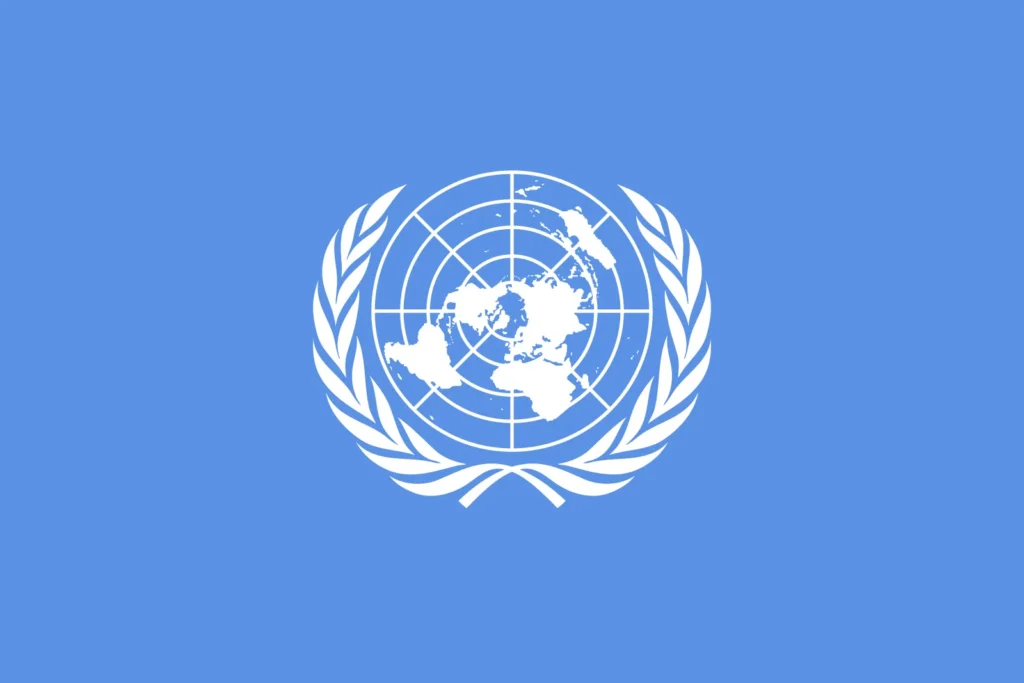The Security Council reaffirms its primary responsibility for the maintenance of international peace and security, in accordance with the Charter of the United Nations. Scientific developments can play a role in upholding that responsibility, and enhancing mutual trust and cooperation,
The Security Council acknowledges that scientific developments must be consistent with international law, including the purposes and principles of the UN Charter,
The Security Council recognizes the critical role of the United Nations in science, technology and innovation and takes note of processes in the General Assembly related to science and new technologies as well as the General Assembly resolutions and decisions taken in this regard,
The Security Council reiterates the call in the Declaration on Future Generations to leverage science, data, statistics and strategic foresight to ensure long-term thinking and planning,
The Security Council recognizes that science, technology and innovation have the potential to accelerate the realization of the aspirations of the United Nations across all three pillars of its work, sustainable development, peace and security and human rights, and reiterates the need to realize this potential through international cooperation and that to make good on the promise to leave no one behind, sharing science, technology and innovation is essential,
The Security Council recognizes that the convergence of various scientific fields may lead to an unprecedented acceleration in capabilities and breakthroughs in the current decade and highlights the potential for positive and risks of negative impact of such anticipated developments on international peace and security and on the work of the Security Council,
The Security Council also recognizes the importance of scaled up collaboration to bridge divides within and among countries, including through promoting capacity building to leverage science for peace, responsible and voluntary transfer of technology on mutually agreed terms, science literacy and inclusive and equitable access to knowledge, science and information; fostering an open, fair, inclusive and non-discriminatory environment for scientific and technological development and cooperation as well as research integrity and security,
The Security Council recognizes the importance of addressing barriers to full, equal and meaningful access to and participation and leadership in science for all women and girls, including through improving education employment and research opportunities,
The Security Council takes note of Member States’ decision to achieve a more agile, responsive and resilient United Nations, in particular by enhancing the Organization’s capabilities in innovation, data analytics, digital transformation, strategic foresight and behavioural science to better support Member States and deliver on its mandates,
The Security Council expresses its continued commitment to take into account scientific advances more systematically, where appropriate, and in line with its mandate, in as far as their impact on international peace and security is concerned.



